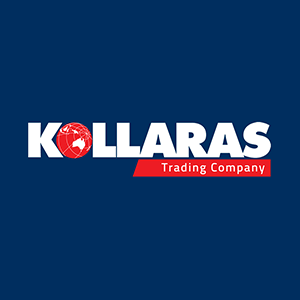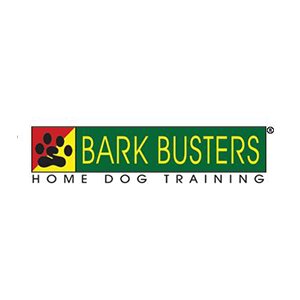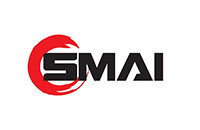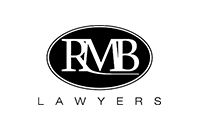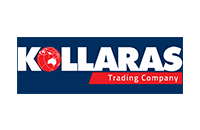Trade Mark Licences
A trade mark licence is where the owner of a trade mark (registered or unregistered) permits another person to use that trade mark in relation to the goods and/or services for which it is registered or associated with.
The need for a trade mark licence can arise in many situations and the terms of such licences are almost entirely at the discretion of the parties to such licence agreements. Such licences may also generate the obligation of the user of the trade mark (the licensee) to pay money (usually referred to as royalties) to the trade mark owner (also called the licensor).
A trade mark licence can also be unwritten (provided it is not an exclusive licence) or implied into a particular relationship. However, as with any unwritten agreement, the terms of that licence are far from clear. In addition, an unwritten trade mark licence is unlikely to assist in defending a trade mark registration from a non-use attack, if the licensed use was the only use.
It is likely that each trade mark licence will be different to reflect the nature of the trade mark and the goods and/or services sold in relation to that trade mark. The commercial balance of the deal struck in the licence agreement will depend on many factors such as whether the licence is exclusive or non-exclusive, the scope of the licence, both in terms of the type of goods and/or services that the licensee can use the trade mark for, the geographic scope of the licence, the liability position if the licensee gets sued for trade mark infringement for use of the trade mark in the manner prescribed under the licence agreement.
Commercial provisions such as calculation of the royalties or fees to be paid by the licensee in exchange for use of the trade mark, the duration of the licence and the rights or either party to terminate the licence before the agreement expires also need to be agreed. Many of these terms will actually fall into place relatively simply based on the situation in which the need for the licence arises, particularly if experienced IP lawyers are acting to assist each party.
Examples of situations where a trade mark licence may be required include:
- a franchise arrangement where the franchisor licences to the franchisee the right to use the brand of the franchise;
- where a company is selling off a non-core business, but the buyer requires the ongoing use of the brands for the foreseeable future or a limited period of time sufficient to allow transition of the business from the seller’s brand to the buyer’s brand or a new brand; or
- in settlement of a trade mark infringement action, where the trade mark owner may permit the alleged infringer to use the trade mark for a limited period of time to, again, to allow transition from the infringing trade mark to a new (non-infringing) trade mark.
Call us today for assistance with trade mark LICENSING.
Not sure where to start?
We're here to make it easy. Call or email us today.


